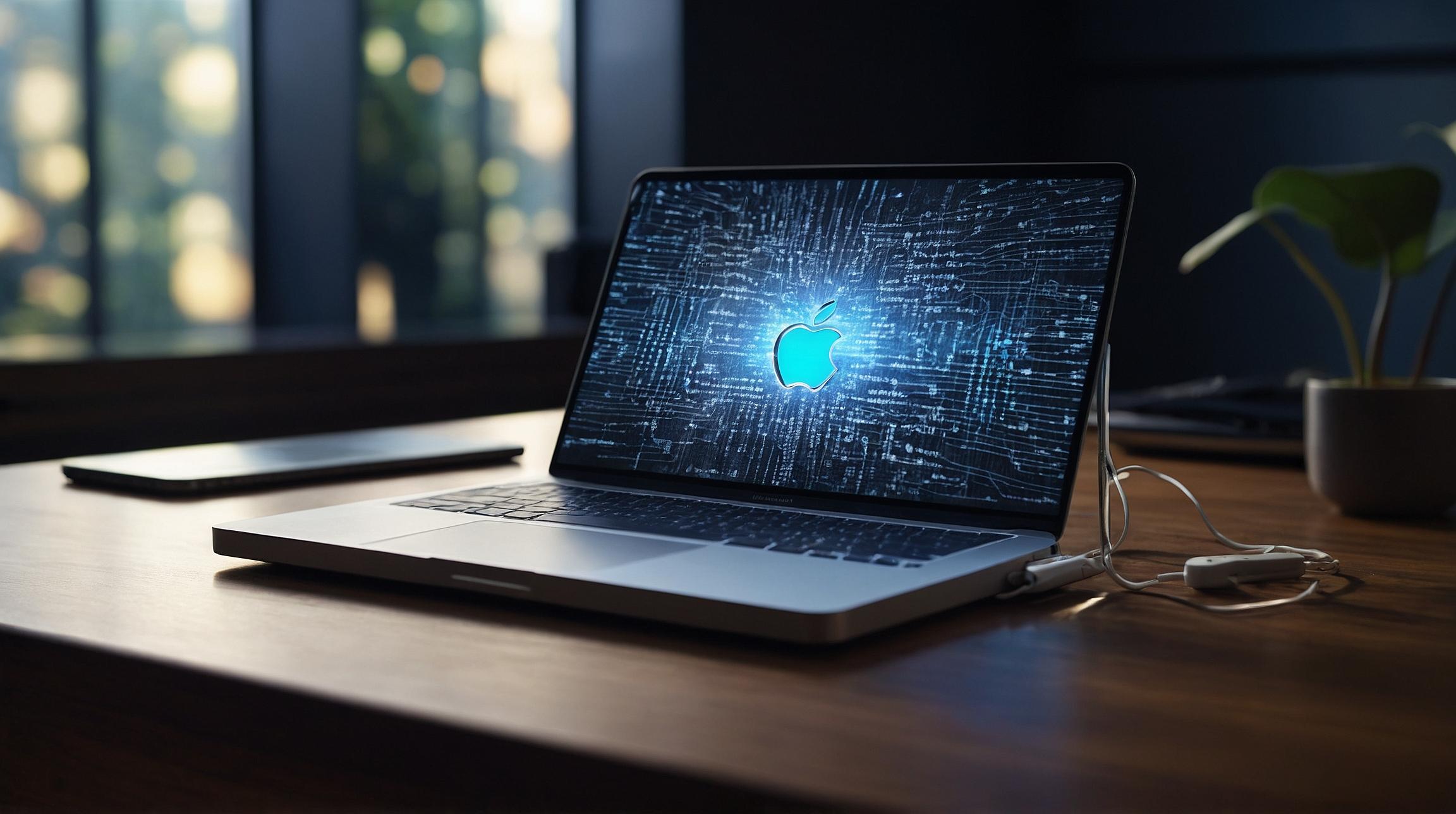The Apple Approach: Privacy By Design
Apple has long championed user privacy, positioning it as a human right. With Apple Intelligence, privacy is built into the AI's core. But what does this mean?
On-Device Processing: Your Data Stays With You
Central to Apple's privacy approach is on-device processing. Unlike AI systems using cloud analysis, Apple Intelligence works on your iPhone, iPad, or Mac. Imagine a genius friend helping at your home instead of needing your stuff at theirs.
This method ensures your personal information—photos, messages, emails—never leaves your device. It stays safe from server breaches or misuse, like secrets locked in your pocket.
Private Cloud Compute: When The Cloud Can't Be Avoided
For tasks too complex for mobile devices, Apple uses 'Private Cloud Compute'. This allows AI to utilize powerful servers while maintaining privacy.
Here's the clever part: your device only sends necessary data for processing on secure Apple Silicon servers. Your information isn't stored, only used for the task, like a self-destructing confidential letter.
Transparency And Verification: Trust, But Verify
Apple sets a new standard for AI transparency, allowing independent inspection of server code. Privacy watchdogs can verify Apple's claims.
Why Apple's Approach Matters
Apple's approach transcends marketing, redefining technology's relationship with personal data. Here's why it matters:
- Trust: On-device data and process transparency build user trust, crucial in today's privacy scandal era.
- Control: Users maintain control over their data, not blindly trusting companies.
- Innovation without Invasion: Apple proves AI can be powerful without invasive data collection, setting a new industry benchmark.
- Regulatory Compliance: Apple's approach exceeds global privacy laws, staying ahead of regulations.
- Ethical AI: Prioritizing privacy contributes to ethical AI development, proving AI can be intelligent without compromising privacy.
The Road Ahead
As AI evolves, privacy questions intensify. Apple's approach challenges the notion that privacy must sacrifice functionality.
Despite challenges like potential higher costs due to on-device processing, Apple pushes the industry forward, proving privacy and AI power can coexist. Other companies may need to rethink their practices.
Consumers should pay attention. Choosing privacy-focused AI like Apple Intelligence supports a future where personal data stays personal.













